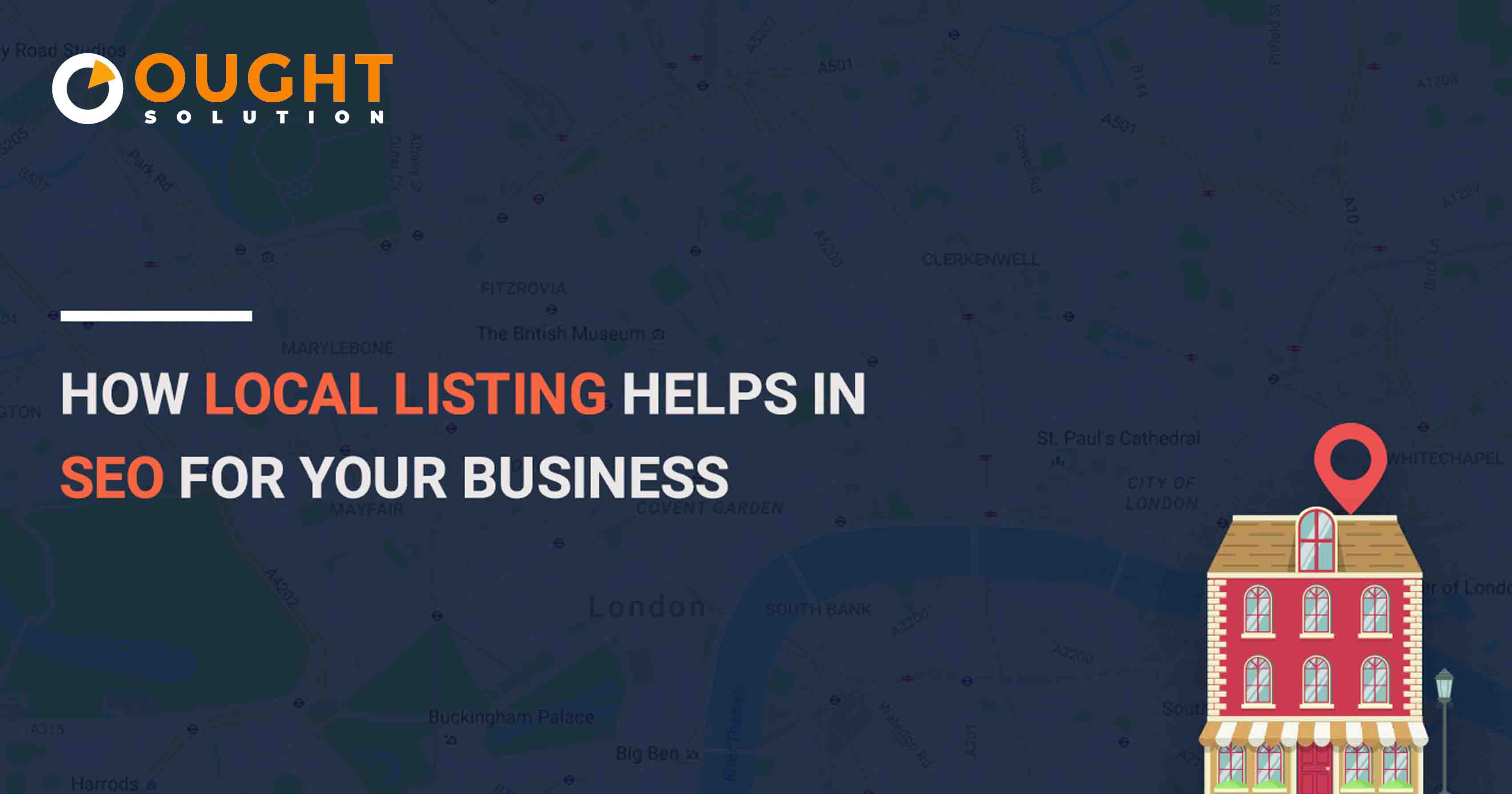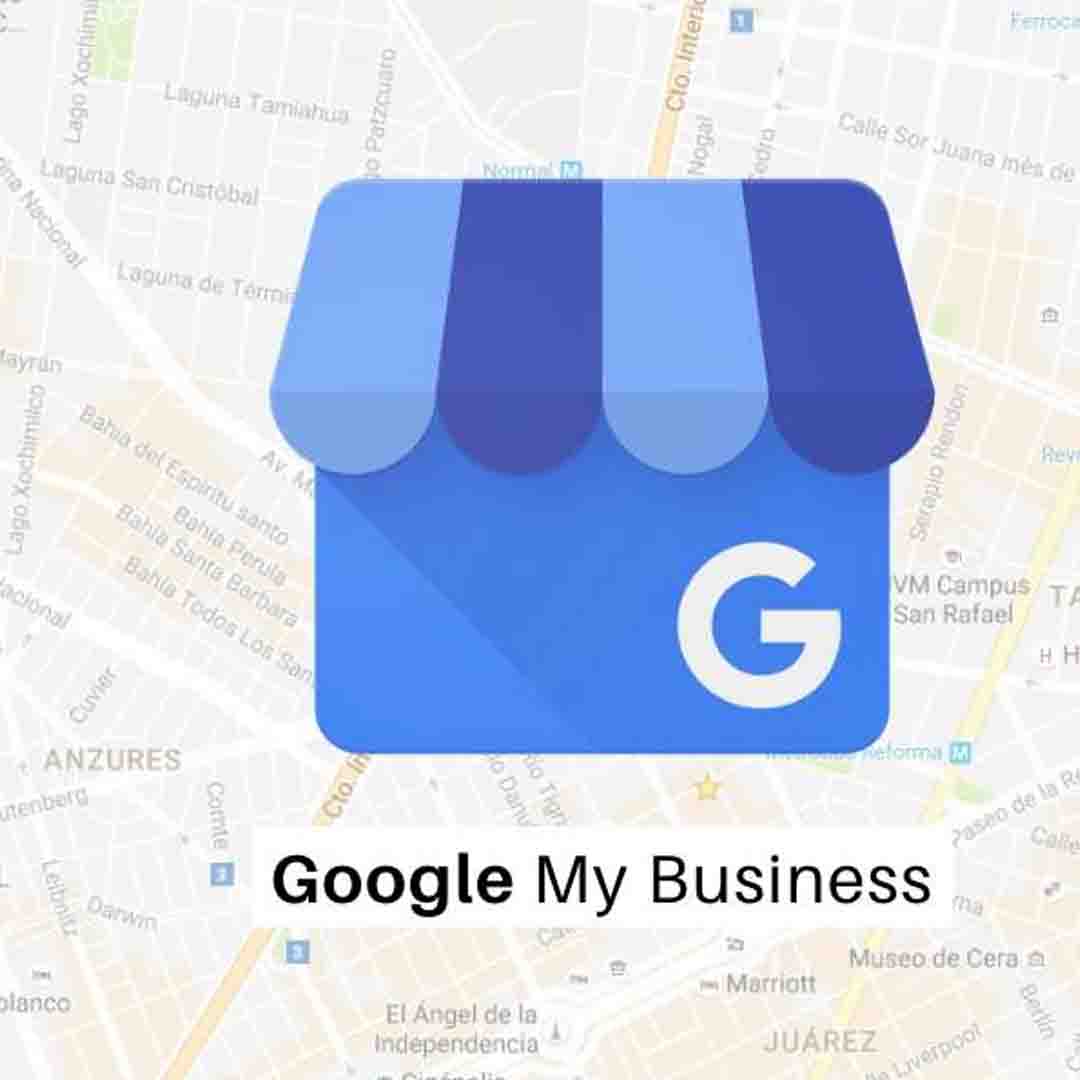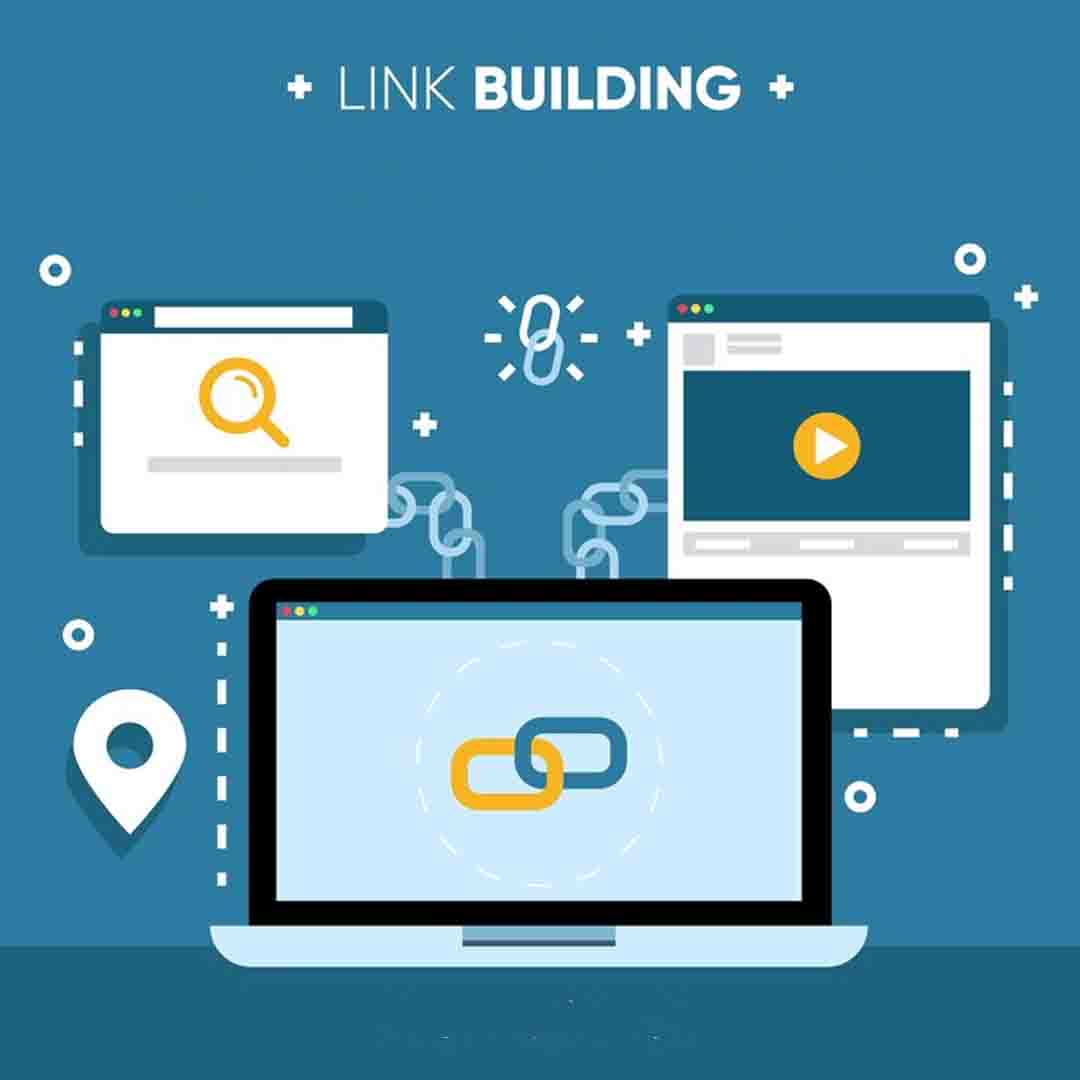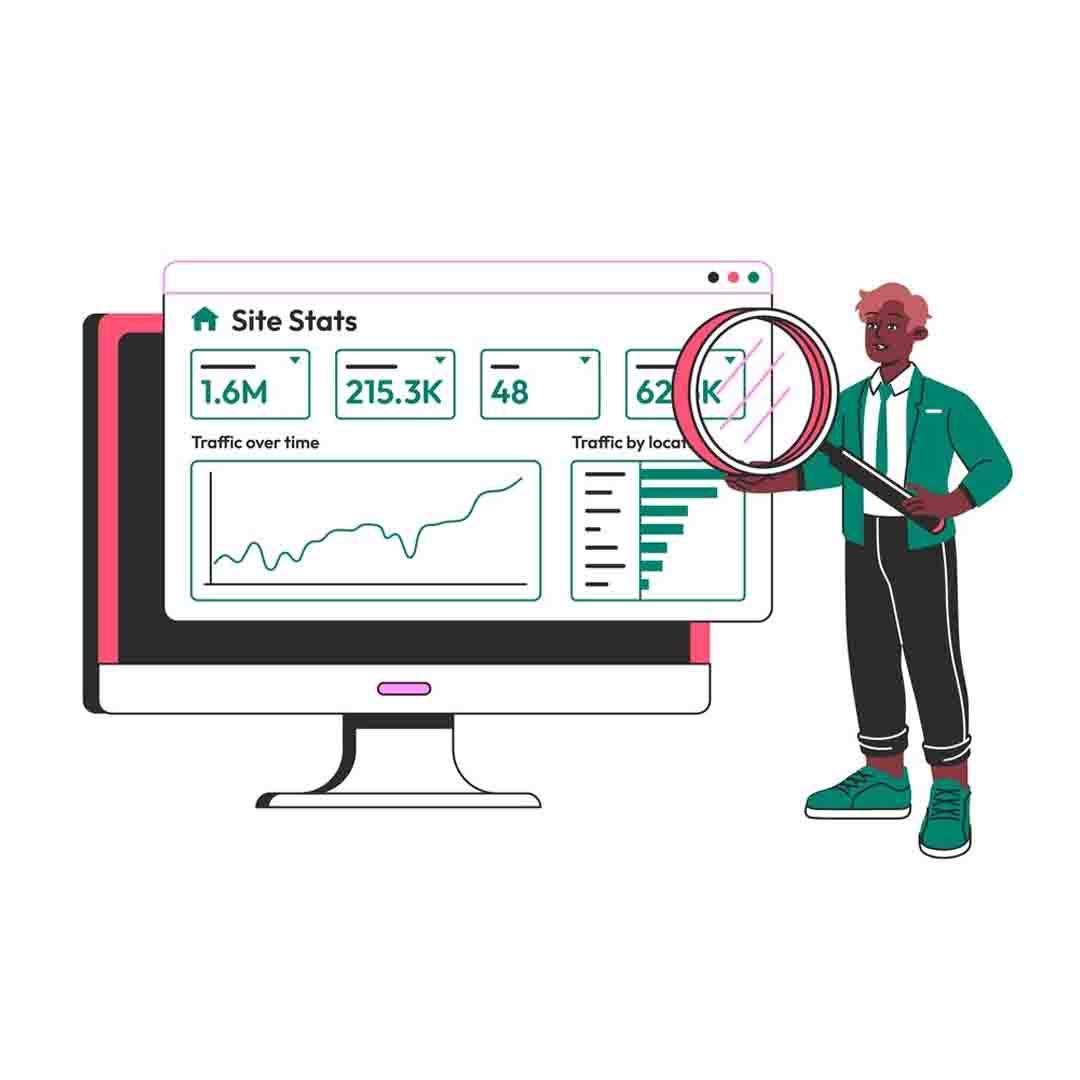Local SEO, How to Dominate Your Local Market
In today's digital age, businesses of all sizes are vying for local customers. Local SEO is a powerful tool that can help you achieve just that. By optimizing your website and online presence for local search, you can attract more customers and boost your bottom line.

What is Local SEO?
Local SEO is the process of optimizing your website to rank higher in local search engine results. This involves a variety of factors, including:






